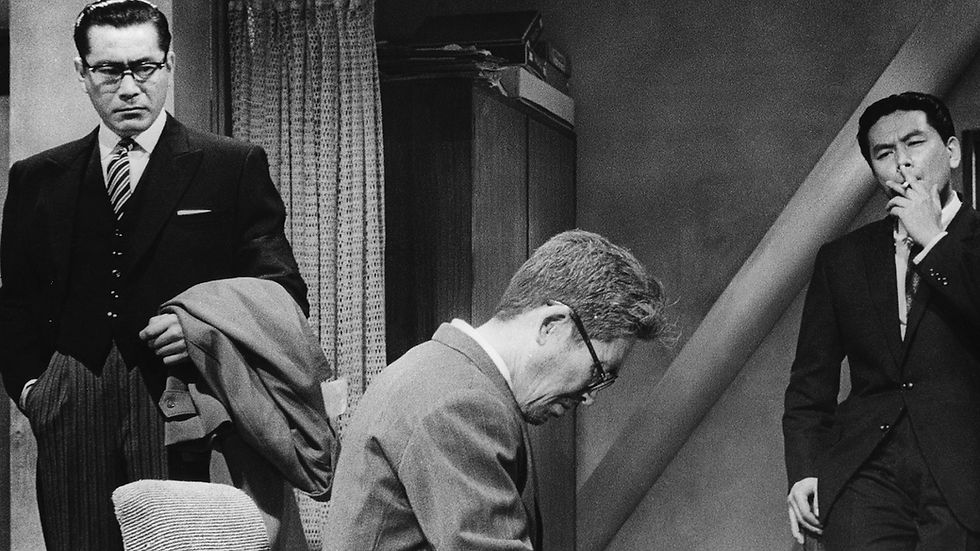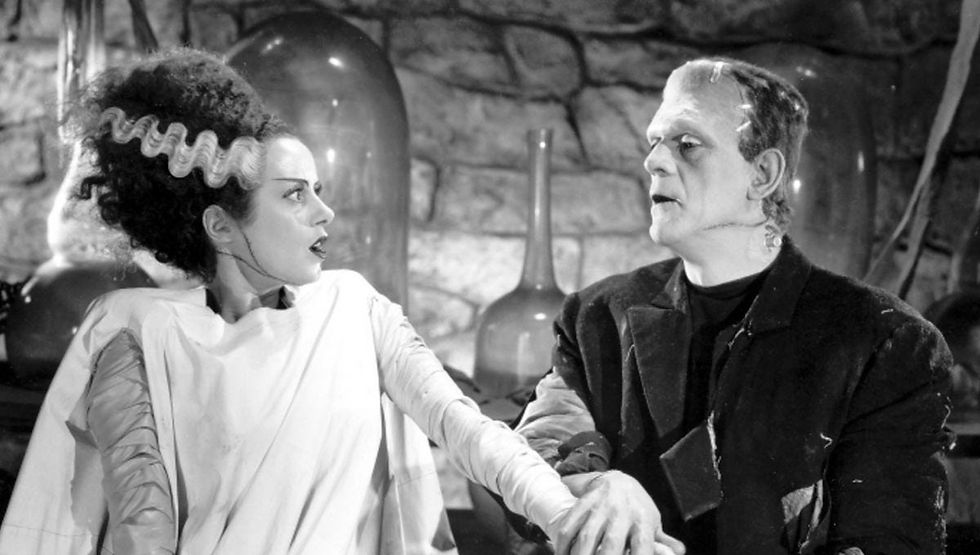Spider-Man: "Across the Spider-Verse"
- Ava Harper
- Jun 13, 2023
- 2 min read
Updated: Sep 22, 2023
Written by Ava Harper, 06/10/23

In the interest of keeping the usual Harper/McCully dichotomies, (à la the hit podcast Tall/Short) I made the decision to see Spider-Man: Across the Spider-Verse. Now, superhero movies have never been my bag and the first Spider-Verse didn’t change that. The 2018 film lit the world on fire upon release, capitalizing on the MCU craze with an admittedly refreshing animation style. And for me, that was all it was. Far from the greatest animated movie of all time, but certainly not the worst. The best aspect of the film is undeniably the animation, but that does not cancel out its innocuous story and bland characters. Now after having seen the sequel, does it live up to all the hype?
Across the Spider-Verse continues the story of Miles Morales, a high schooler who finds himself taking up the mantle as the next Spider-Man. He meets other Spider-People from different dimensions, with Gwen Stacy returning. The film opens from Gwen’s perspective, and we learn how she leaves her universe to join the Spider-Society, composed of every Spider-Person/Animal/Vehicle. Unfortunately, each of the new characters are completely one-note. “That’s a metaphor for capitalism” is an actual line uttered by Spider-Punk. Peter B. Parker, Miles’ mentor, is completely reduced to a Ghostbusters 2 Bill Murray and baby schtick after being a crucial character in the first film. There are attempts at exploring Miles juggling life as Spider-Man while maintaining his relationship with his parents, but any effort at pathos is quickly brushed aside. One aspect I was told going into the film was that it ends on a cliffhanger (which I won’t spoil), but it’s about as necessary as Dune’s.
Both Spider-Verse films perfectly fit the definition of “Reactionary Classics” (coined by Dylan McCully). As modern filmgoers find themselves fatigued from the usual film regimen, the occasional new film will seemingly break from the mold and attract starving audiences with its bells and whistles. But Reactionary Classics are only temporarily trendy, they will fall out of fashion with time and inevitably end up in the bargain bin. Even the novelty of the animation in Spider-Verse wore off once every major studio realized its profitability. Now, low frame rates and cel shading are the newest trend, dethroning the stale 3D style that dominated for years.
The critical consensus for Across the Spider-Verse has been overwhelmingly positive, even skyrocketing to the highest rated film on the site Letterboxd. The same happened with Everything Everywhere All At Once in 2022. These films are far from the best (even those praising them will admit that), but recency bias is a hell of a drug. To those that enjoyed either Spider-Verse movies, more power to you. But I have to ask, what separates them from any other run of the mill Marvel movie? Watch them with your eyes closed and they’re indistinguishable; same humor, same story, same multiverse.
4/10






Comments